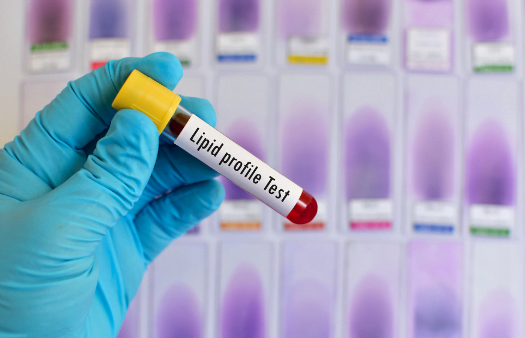Cardiovascular Risk Factor Biomarker Testing in Rodents
The cardiovascular system is a critical component of overall health. Understanding and quantifying biomarkers that indicate risk factors for cardiovascular diseases (CVD) can significantly improve the diagnosis, treatment, and prevention strategies for these conditions. In the context of preclinical research, especially within clinical & healthcare testing, rodent models play an indispensable role.
Cardiovascular Risk Factor Biomarker Testing in Rodents involves a comprehensive analysis of various biomarkers to assess the risk factors associated with CVD. These biomarkers can include cholesterol levels (low-density lipoprotein - LDL and high-density lipoprotein - HDL), triglycerides, inflammatory markers like C-reactive protein (CRP), and others that indicate oxidative stress.
Our testing service utilizes advanced analytical techniques tailored to rodent models. This includes the use of liquid chromatography-mass spectrometry (LC-MS) for lipid profiling and enzyme-linked immunosorbent assays (ELISAs) for assessing inflammatory markers. The specimens collected from rodents undergo rigorous preparation processes, ensuring accurate and reliable data.
Compliance with international standards is paramount in our service offering. We adhere to ISO 17025 and follow the recommendations of the Clinical and Laboratory Standards Institute (CLSI). Our testing protocols are designed to meet regulatory requirements for preclinical research in healthcare and pharmaceutical industries.
| Standard | Description |
|---|---|
| ISO 17025 | Mandatory requirement for testing laboratories to ensure technical competence. |
| CLSI Guidelines | Recommended practices for clinical and laboratory standards. |
Why It Matters
The identification of cardiovascular risk factors in rodent models is essential for the development of novel therapies and interventions. By understanding the biomarkers associated with CVD, researchers can focus on developing treatments that target these specific pathways.
This testing service helps pharmaceutical companies to identify potential therapeutic targets early in the drug discovery process. It also aids in the optimization of existing drugs by providing preclinical data that supports further development and regulatory approval.
- Ensures compliance with international standards for clinical & healthcare testing.
- Supports the development of safer and more effective treatments for cardiovascular diseases.
- Aids in the identification of biomarkers linked to CVD, providing insights into disease mechanisms.
Frequently Asked Questions
Quality and Reliability Assurance
We maintain a robust quality management system to ensure the highest standards in our testing services. Our processes are designed to meet or exceed industry expectations, providing reliable and accurate data.
- Adherence to ISO 17025 for technical competence.
- Compliance with CLSI guidelines for clinical & healthcare testing.
- Rigorous quality control measures at every stage of the testing process.
- Dedicated staff trained in advanced analytical techniques and best practices.





